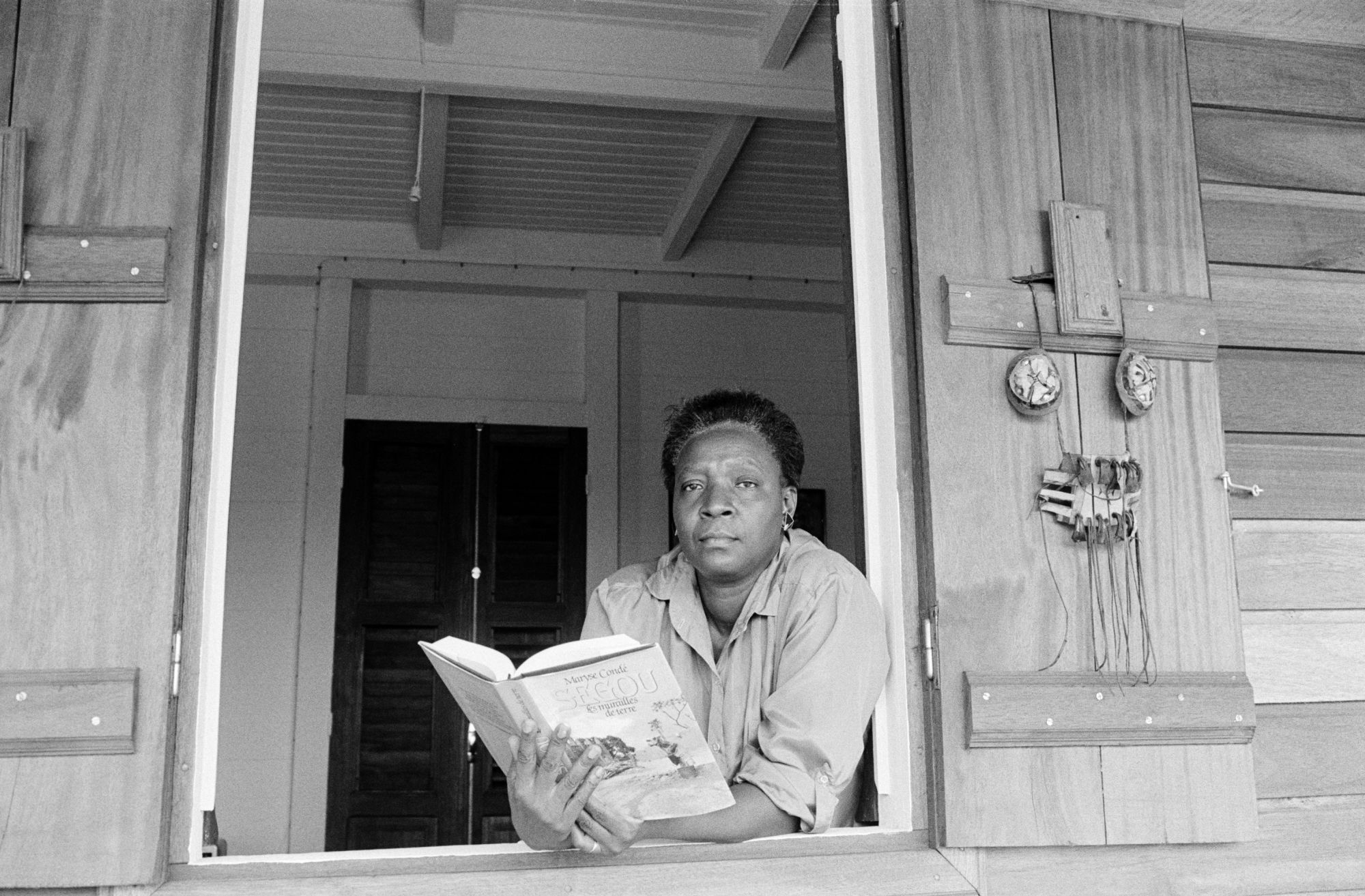Paris (Reuters) — Guadeloupe-born author Maryse Conde, who wrote about colonialism, slavery and the French-Caribbean diaspora, died in southern France on Monday at the age of 90.
Often cited as a potential winner of the Nobel prize for literature, Conde was awarded the New Academy Prize in Literature in 2018, created after the Swedish Academy postponed that year’s literary Nobel in the aftermath of a rape scandal.
“A literary giant, Maryse Conde paints a picture of sorrow and hope, from Guadaloupe to Africa, from the Caribbean to Provence. In a language of struggle and splendor, unique and universal,” French President Emmanuel Macron wrote on X.
The New Academy said at the time that Conde’s work “describes the ravages of colonialism, and the post-colonial chaos in a language which is both precise and overwhelming.”
Conde won international acclaim with her bestselling 1984 epic “Segu” and its sequel, “Children of Segu,” which charts the life of a family at the Mali royal court through several generations as it experiences the arrival of Islam and later, Christianity, the slave ships and slavery in Brazil.
“Segu” won Conde several awards, including a Fulbright scholarship, and she went on to teach literature at Columbia University in New York, several other US universities and at the Sorbonne in Paris.
In later novels, including “I, Tituba: Black Witch of Salem” and “The Beautiful Creole,” she explored race relations, feminism and the struggles of the Black Caribbean diaspora in the Western world.
Born Boucolon in Pointe-a-Pitre in what she later described as “an embryonic Black bourgeoisie” family — her mother ran her own schools for girls, her father founded a bank — she married Guinean actor Mamadou Conde in 1958, with whom she had four children before they separated in 1969.
In 1982, she married her English translator Richard Philcox.
She died on Monday night at a hospital in Apt, southern France, Philcox told Agence France-Presse on Tuesday.
French Foreign Trade and Language minister Franck Riester said Conde was a leading light of French literature and theatre. Quoting from her “I, Tituba” on X, he said: “The dead only die if they die in our hearts”.

